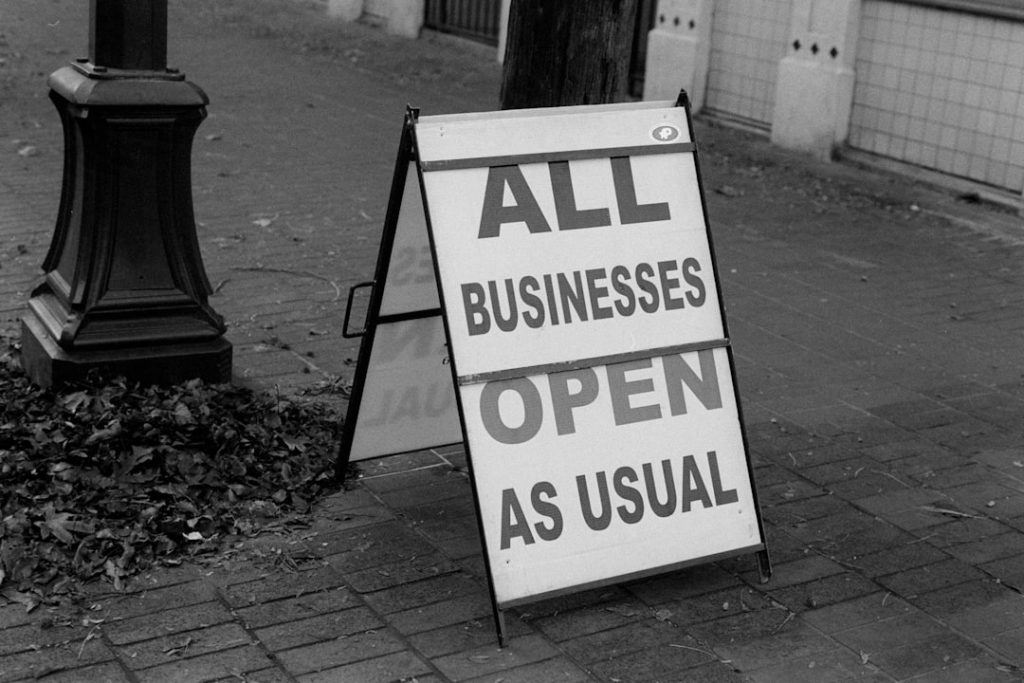In today’s digital world, getting your small business noticed can feel like shouting into a hurricane. Traditional marketing methods still have their place, but influencer marketing has emerged as a powerful tool, especially for businesses on a budget. But is it right for your small business?
What is Influencer Marketing?
Simply put, influencer marketing involves collaborating with individuals who have a dedicated following on social media. These “influencers” can create content that showcases your product or service to their audience, building brand awareness and driving sales. Think of it as a modern-day word-of-mouth marketing campaign, but on a much larger scale.
The Benefits of Influencer Marketing for Small Businesses
- Increased Brand Awareness: Influencers expose your brand to a new audience who already trust their recommendations.
- Targeted Reach: You can choose influencers whose audience aligns with your ideal customer, ensuring your message reaches the right people.
- Cost-Effective: Compared to traditional advertising, influencer marketing can be more affordable, especially when working with micro-influencers (those with smaller, but highly engaged, audiences).
- Build Trust and Credibility: Recommendations from trusted influencers carry more weight than traditional advertising.
- Drive Sales and Conversions: By showcasing your product or service in an authentic way, influencers can encourage their followers to make a purchase.
Potential Drawbacks to Consider
While influencer marketing offers many advantages, it’s important to be aware of the potential downsides:
- Finding the Right Influencer: Choosing an influencer who doesn’t align with your brand values or has a fake following can damage your reputation.
- Measuring ROI: It can be challenging to track the direct impact of influencer marketing campaigns on your bottom line.
- Maintaining Authenticity: It’s crucial to ensure that the influencer’s content feels genuine and not overly promotional.
- Risk of Negative Publicity: An influencer’s actions or opinions can reflect on your brand, so it’s important to choose someone with a good reputation.
Is Influencer Marketing Right for Your Small Business? Ask Yourself These Questions:
- Who is your target audience? Can you identify influencers whose audience matches your ideal customer profile?
- What are your marketing goals? Are you looking to increase brand awareness, drive sales, or generate leads?
- What is your budget? How much can you afford to spend on influencer marketing?
- What are your brand values? Does the influencer’s content and persona align with your brand’s values and message?
Tips for a Successful Influencer Marketing Campaign
- Do Your Research: Thoroughly vet potential influencers to ensure they have an engaged audience and a positive reputation.
- Set Clear Goals and Objectives: Define what you want to achieve with your campaign and track your progress.
- Establish a Budget: Determine how much you can afford to spend and negotiate rates with influencers.
- Provide Creative Freedom: Allow influencers to create content that feels authentic to their voice and style.
- Track Your Results: Monitor your campaign’s performance and make adjustments as needed.
Real-World Example
Consider a local bakery wanting to increase awareness. They partner with a food blogger who lives in the same city. The blogger visits the bakery, tries their signature pastries, and posts a glowing review on Instagram, complete with mouth-watering photos. The bakery sees a significant increase in foot traffic and online orders in the following weeks.
Influencer marketing can be a game-changer for small businesses looking to expand their reach and connect with their target audience. By carefully considering the pros and cons, setting clear goals, and choosing the right influencers, you can harness the power of social media to grow your business. Don’t be afraid to experiment and see what works best for you! With the right strategy, influencer marketing can be a very successful way to reach new customers.
